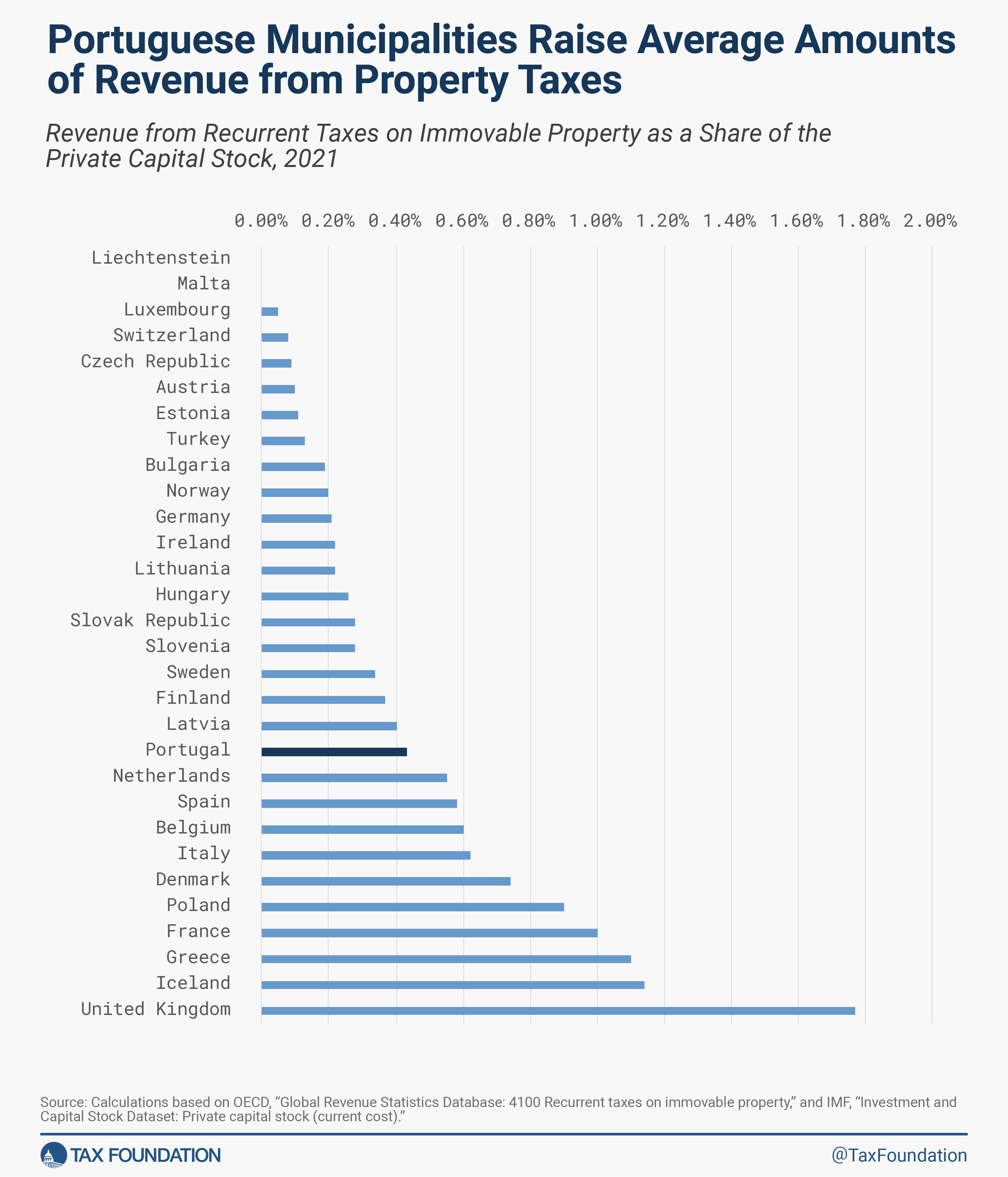Estate Planning Steps to Take After a Divorce
Divorce marks a significant shift in one’s personal and financial life, necessitating careful estate planning to secure your future and that of your loved ones. Here’s a comprehensive guide to the steps you should take post-divorce, with a special focus on the value of a qualified terminable interest property trust if you’re contemplating remarriage.
Reevaluate Your Estate Plan
After a divorce, it’s crucial to reassess your will and/or trust. Your ex-spouse might still be the primary beneficiary or executor. Update these documents to reflect your current wishes. Consider who you now want to inherit your assets and make decisions on your behalf if you’re unable to do so.
Update Your Power of Attorney and Health Care Directives
Your ex-spouse might have powers of attorney or be your healthcare proxy. Post-divorce, appoint someone you trust to manage your financial and health decisions if you become incapacitated.
Change Beneficiaries on Retirement Accounts and Life Insurance Policies
Often overlooked, retirement accounts and life insurance policies need attention. Your ex-spouse may still be the beneficiary. Review these accounts and make necessary updates to ensure your assets go to the intended beneficiaries.
Secure Guardianship for Minor Children
If you have minor children, your divorce decree may influence guardianship decisions. Ensure your estate plan reflects your wishes regarding who should assume your role if you are not around.
Consider a Trust for Asset Protection
A trust can be an effective tool for managing your assets, offering protection and specific control over how your assets are distributed. This is especially important if you’re concerned about your children’s inheritance being properly managed.
Address Jointly Owned Property
If you still own property jointly with your ex-spouse, decide how to handle it. You might need to sell, buy out your ex’s share, or make other arrangements to ensure clear title to your property.
Review and Revise Your Tax Planning
Your tax situation changes after a divorce. Consult with a tax advisor to understand the impacts and to adjust your tax planning accordingly.
Secure Your Digital Assets
In today’s digital age, don’t forget to secure your online accounts and digital assets. Ensure your ex-spouse doesn’t have access to these and include them in your estate plan.
Update Your Emergency Contact Information
Revise your emergency contact information with your employers, schools, doctors, and others to reflect your current situation and preferences.
Consider the Value of a Qualified Terminable Interest Property Trust
If you’re a parent thinking about remarriage, a qualified terminable interest property (QTIP) trust is invaluable.
It allows you to provide for your new spouse while ensuring that your children from your previous marriage eventually receive their inheritance. This trust type offers a blend of flexibility and security, making it an essential consideration in your new estate plan.
Final Thoughts
In conclusion, post-divorce estate planning is vital in safeguarding your assets and ensuring your wishes are honored. Taking these steps can provide peace of mind during a time of significant change.
Attend an Education Program!
You are here because you are looking for information about legacy planning, and you’re in the right place. We have a treasure trove of resources on this website that you can access free of charge, and we go the extra mile in another way.
Our firm offers in-person education programs on an ongoing basis. You can learn a lot if you join us, and this is an ideal opportunity to connect with our firm for the first time.
To see the dates and obtain registration information, click this link: Oklahoma City estate planning events.
After helping his own family deal with a lengthy probate and the IRS following his father’s untimely death in a farm accident, Larry Parman made a decision to help families create effective estate plans designed to reduce taxes, minimize legal interference with the transfer of assets to one’s heirs, and protect his clients’ assets from predators and creditors.
Latest posts by Larry Parman, Attorney at Law (see all)
Story originally seen here






